Maize Production in Nigeria
Maize (also known as corn) is one of the major staple crops in Nigeria and plays a significant role in the country's agricultural sector. Nigeria is one of the largest producers of maize in Africa and ranks among the top maize-producing countries in the world. Here are some key points about maize production in Nigeria:
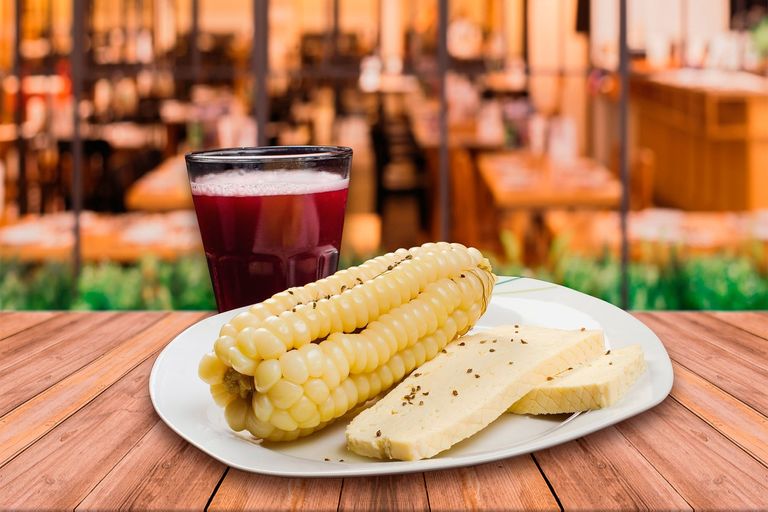
https://pixabay.com/it/photos/cioccolato-maiz-choclo-con-queso-6472033/
Importance of Maize
Maize is a versatile crop with multiple uses. It serves as a staple food for millions of Nigerians and is also used as animal feed, raw material for various industries, and in the production of biofuels.Production Area
Maize is grown in various parts of Nigeria, with different regions specializing in its cultivation. Some of the major maize-producing states include Kaduna, Katsina, Kano, Niger, Plateau, Benue, Oyo, Ogun, and Ondo.Climate and Growing Season
Maize can be grown in different agro-ecological zones of Nigeria, but it thrives best in areas with a well-distributed rainfall pattern. The primary maize-growing season in Nigeria typically starts in April/May and extends to September/October, depending on the location.Farming Systems
Maize production in Nigeria is carried out through various farming systems, including small-scale subsistence farming and larger commercial operations. Smallholder farmers make up a significant proportion of maize producers in the country.Yield and Productivity
Maize productivity in Nigeria varies across different farming systems and regions. Small-scale farmers generally have lower yields due to limited access to improved seeds, fertilizers, and mechanized farming practices. However, efforts are being made to improve maize productivity through the dissemination of improved farming techniques and technologies.Challenges
Maize production in Nigeria faces several challenges, including inadequate access to quality inputs, pests and diseases, post-harvest losses, and limited market access. Climate variability, such as drought and floods, also affects maize production in certain regions.
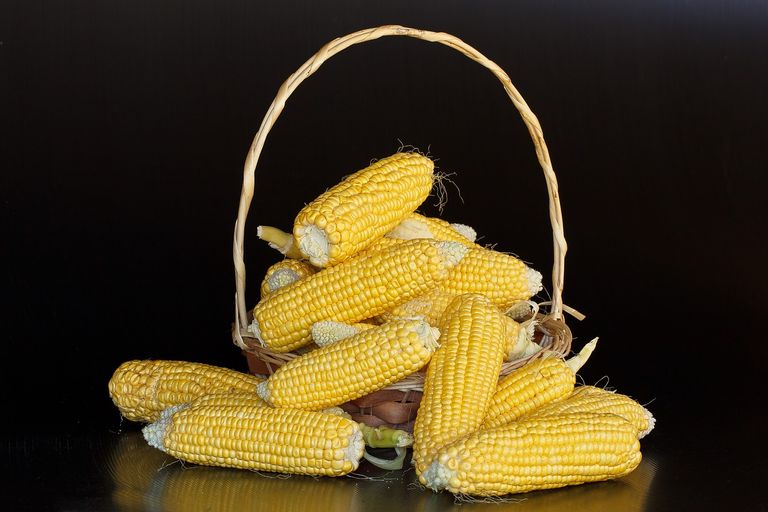
Government Initiatives
The Nigerian government has implemented various initiatives to support maize production and enhance food security. These initiatives include providing subsidized inputs, promoting research and development, improving rural infrastructure, and facilitating access to credit for farmers.Value Chain
Maize has a well-established value chain in Nigeria. After harvest, maize goes through various stages, including processing, storage, transportation, and marketing. The value chain provides opportunities for employment and income generation in rural and urban areas.Export Potential
Nigeria has the potential to export maize to neighboring countries and international markets. However, the focus has primarily been on meeting domestic demand, and export opportunities are yet to be fully explored.Future Prospects
Maize production in Nigeria is expected to increase in the coming years due to population growth, rising demand for food and feed, and increased investment in the agricultural sector. Efforts to improve productivity, enhance value addition, and promote agribusiness are crucial for sustainable maize production in the country.
Importance of maize to humans, animals and to industries
Maize, also known as corn, holds significant importance for humans, animals, and industries. Here's a breakdown of its importance to each:
Importance to Humans:
- Food Security: Maize is a staple food crop for millions of people worldwide, including in countries like Nigeria, where it serves as a primary source of calories and nutrition.
- Dietary Diversity: Maize provides essential nutrients such as carbohydrates, dietary fiber, vitamins (B-complex vitamins, vitamin C), and minerals (iron, magnesium). It contributes to a balanced diet and helps prevent malnutrition.
- Culinary Uses: Maize is consumed in various forms, including boiled or roasted corn, cornmeal, grits, corn flakes, and tortillas. It is used as an ingredient in a wide range of food products, such as bread, snacks, cereals, and beverages.
- Livelihoods: Maize cultivation and processing provide livelihood opportunities for farmers, farm laborers, traders, processors, and others involved in the maize value chain.
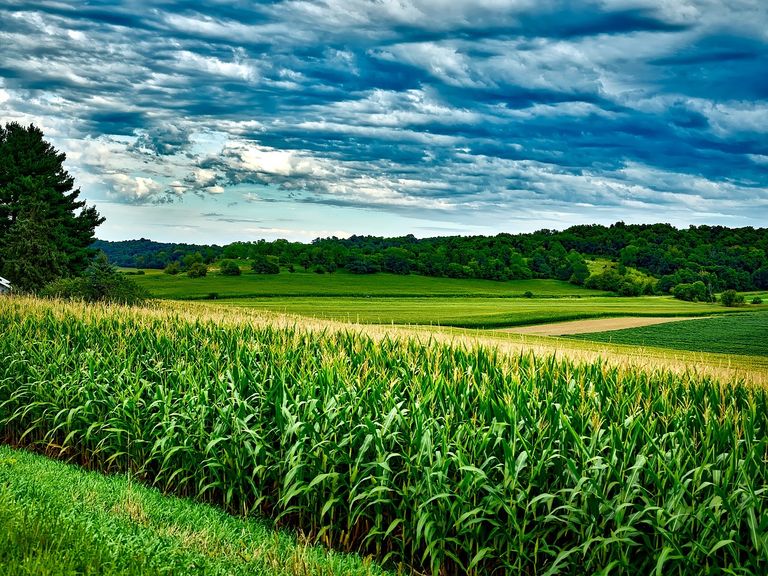
Importance to Animals:
- Animal Feed: Maize is a crucial component of animal feed, particularly for poultry, pigs, and cattle. It provides energy, protein, and essential nutrients to support growth, reproduction, and overall animal health.
- Livestock Production: The availability of maize-based animal feed contributes to the growth and development of the livestock sector, which plays a vital role in the economy and food production.
Importance to Industries: - Agro-based Industries: Maize serves as a raw material for various industries, including food processing, brewing, starch production, corn oil extraction, and production of sweeteners such as high-fructose corn syrup. These industries contribute to economic growth, employment generation, and value addition.
- Biofuel Production: Maize is used in the production of biofuels, particularly ethanol. Ethanol derived from maize is blended with gasoline, reducing dependence on fossil fuels and promoting renewable energy sources.
- Packaging and Biodegradable Products: Maize-based products such as cornstarch and bioplastics are used in packaging materials and manufacturing biodegradable products, reducing the environmental impact of non-biodegradable plastics.
Maize plays a vital role in ensuring food security, providing nutrition, supporting animal husbandry, contributing to various industries, and promoting sustainable practices in agriculture and manufacturing. Its significance extends across multiple sectors, making it an essential crop for human well-being, livestock production, and economic development.
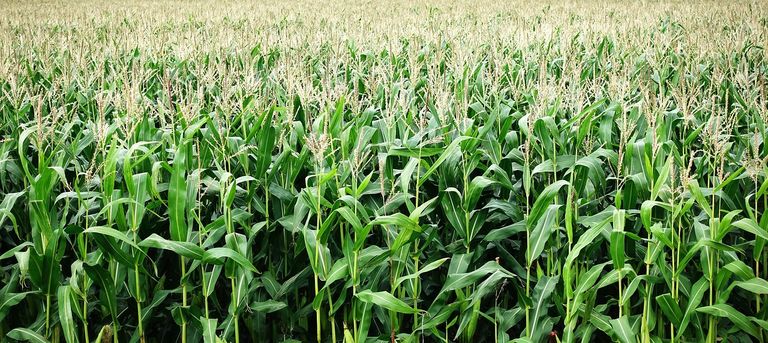
States that produces maize in Nigeria
Maize (corn) is produced in various states across Nigeria. The following states are known for their significant maize production:
Kaduna
Katsina
Kano
Niger
Plateau
Benue
Oyo
Ogun
Ondo
Sokoto
Zamfara
Jigawa
Nasarawa
Gombe
Taraba
Kwara
Cross River
Ebonyi
Bauchi
Adamawa
Please note that maize production can occur in other states as well, but the ones listed above are known for their large contribution to maize cultivation in Nigeria.
How maize is being eaten in Nigeria
Maize is consumed in various forms in Nigeria, and it is a versatile ingredient in the country's cuisine. Here are some common ways maize is eaten in Nigeria:
Boiled Corn: One of the simplest and most popular ways to enjoy maize in Nigeria is by boiling the corn on the cob. It is often seasoned with salt and enjoyed as a snack or street food.
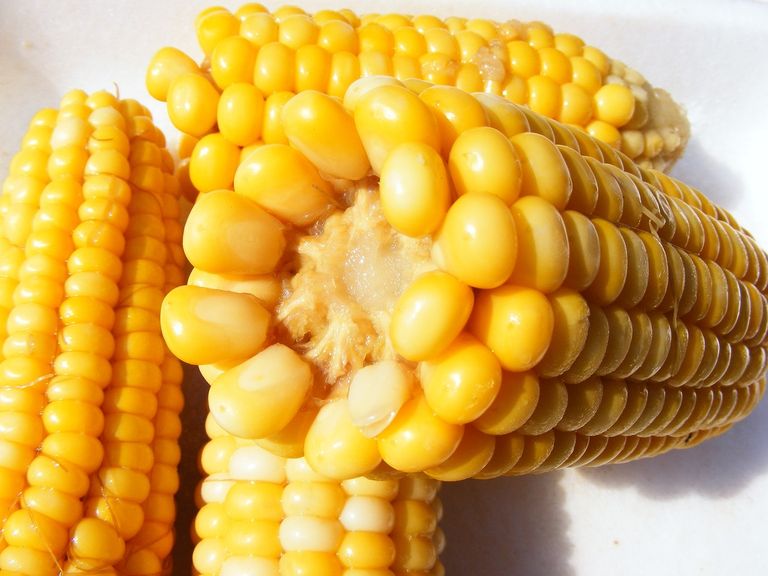
Roasted Corn: Roasted corn is another favorite street food in Nigeria. The corn is typically roasted over an open fire or grill, giving it a smoky flavor. It is commonly sold by street vendors during the corn season.
Cornmeal: Maize is ground into a fine powder known as cornmeal or corn flour. Cornmeal is used to make various Nigerian dishes, such as tuwo masara (a thick porridge-like dish), akamu (corn pudding or pap), and ogi (fermented corn porridge).
Corn-based Snacks: Maize is used in the preparation of a wide range of snacks in Nigeria. Some popular examples include roasted corn (known as "abara"), boiled and roasted corn mixed with coconut ("coconut corn"), and fried or baked corn dough balls ("akara corn" or "corn fritters").
Cornbread: Cornbread is a popular baked item made with cornmeal. It is often enjoyed as a side dish or breakfast food in Nigeria. Cornbread can be sweet or savory, depending on the recipe.
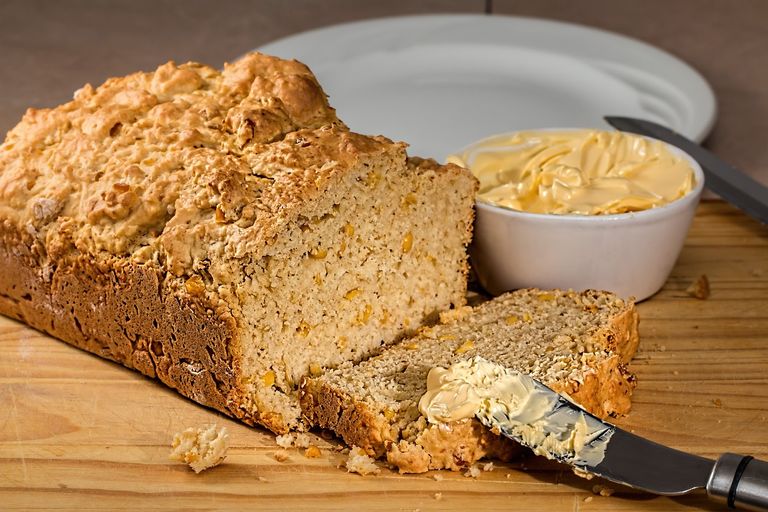
Corn Pap: Corn pap, also known as cornmeal porridge or "ogi," is a traditional Nigerian breakfast dish. It is made by boiling cornmeal in water and can be served with milk, sugar, and other flavorings.
Corn Flour in Soups and Sauces: Corn flour is used as a thickening agent in Nigerian soups and sauces. It is added to dishes like owo soup, egusi soup, and other traditional stews to achieve the desired consistency.
Corn Snacks: Processed corn products, such as corn chips, corn puffs, and cornflakes, are also popular snack options in Nigeria.
These are just a few examples of how maize is eaten in Nigeria. The versatility of maize allows it to be incorporated into various dishes and food preparations, catering to different tastes and preferences across the country.
Tuwon masara
Tuwon masara, also known as cornmeal fufu, is a popular Nigerian dish made from cornmeal. It is a thick, starchy porridge-like dish that is typically served as an accompaniment to various soups and stews. Here's how tuwon masara is prepared:
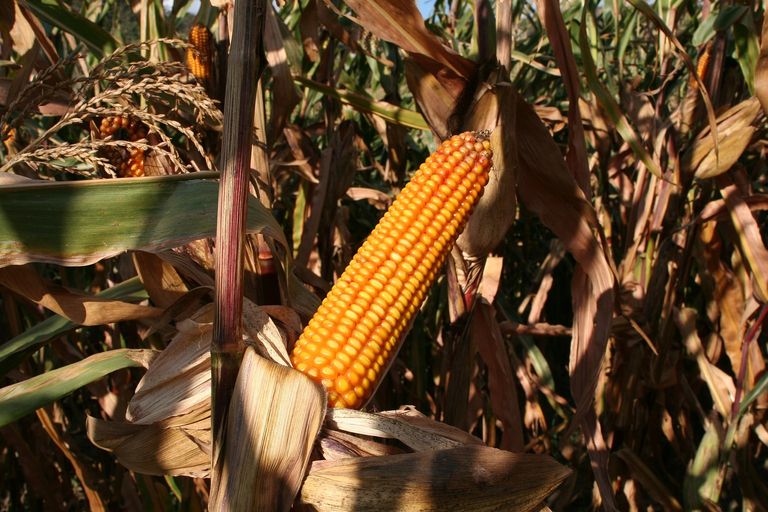
Ingredients:
Cornmeal (masara)
Water
Instructions:In a saucepan or pot, bring water to a boil. The amount of water needed will depend on the quantity of cornmeal you are using.
Gradually add the cornmeal to the boiling water while stirring continuously to prevent lumps from forming.
Reduce the heat to low and continue stirring the mixture to ensure the cornmeal is evenly cooked and thickened.
Cook the mixture for about 10-15 minutes, stirring occasionally, until the cornmeal is well cooked and the consistency becomes thick and smooth.
At this point, the tuwon masara should have a thick and stretchy texture.
Remove the pot from the heat and allow the tuwon masara to cool slightly before serving.
Tuwon masara is typically served by scooping a portion of the cornmeal fufu onto a plate or into a bowl. It is then enjoyed with various Nigerian soups or stews, such as miyan kuka (baobab leaf soup), okra soup, egusi soup, or any other preferred soup. The tuwon masara is usually used as a scooping or dipping tool to pick up the soup or stew.
Note that the consistency of tuwon masara can vary depending on personal preference. Some individuals prefer a softer and more pourable consistency, while others prefer a firmer, moldable texture. Adjusting the amount of cornmeal and water can help achieve the desired consistency.
Where is maize mostly consumed in Nigeria?
Maize (corn) is widely consumed throughout Nigeria, with its consumption spread across various regions and ethnic groups. However, maize consumption tends to be higher in certain parts of the country due to factors such as local preferences, cultural practices, and agricultural production. Here are some regions in Nigeria where maize consumption is particularly prominent:
Northern Nigeria: Maize consumption is significant in the northern regions of Nigeria, including states such as Kano, Kaduna, Katsina, Sokoto, and Jigawa. Maize-based dishes like tuwon masara (cornmeal fufu) and tuwo shinkafa (rice-cornmeal fufu) are popular in these areas.
Southwestern Nigeria: Maize is widely consumed in the southwestern part of Nigeria, which includes states like Lagos, Ogun, Oyo, Osun, and Ekiti. Cornmeal-based dishes such as cornbread, akara (bean and corn fritters), and various corn snacks are commonly enjoyed in this region.
Middle Belt Region: The Middle Belt region of Nigeria, comprising states such as Plateau, Benue, Nasarawa, and Taraba, has a significant maize-consuming population. Maize is a staple food in this region, and it is used in various dishes, including cornmeal porridge (ogi/akamu) and corn-based soups.
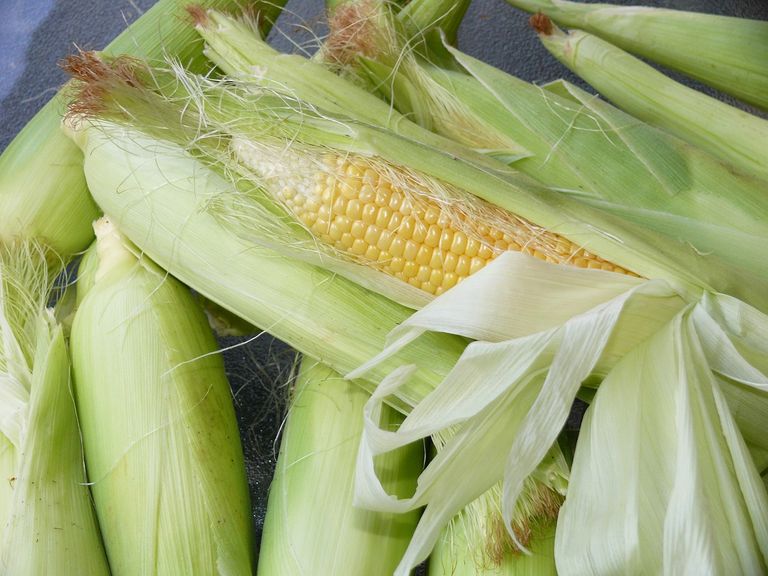
Southeastern Nigeria: In the southeastern states of Nigeria, such as Enugu, Anambra, Ebonyi, and Imo, maize is a popular staple. Cornmeal is used to make dishes like corn fufu, cornmeal pudding (agidi), and corn-based snacks.
South-South Nigeria: The South-South region, including states like Rivers, Delta, Akwa Ibom, and Cross River, also has a significant maize consumption. Maize is utilized in dishes such as corn pottage (native jollof), cornmeal-based snacks, and cornbread.
Maize consumption is not limited to these regions alone, and maize-based foods can be found and enjoyed across Nigeria. The specific dishes and preparations may vary by region and local culinary traditions, but maize holds a prominent place in the diets of many Nigerians.
Uses of maize in the southern part of Nigerian
In the southern part of Nigeria, maize (corn) is utilized in various ways, both as a staple food and in culinary preparations. Here are some common uses of maize in the southern region:
Akara (Bean and Corn Fritters): Akara is a popular street food and breakfast item in the southern part of Nigeria. It is made by grinding a combination of beans and maize, which are then deep-fried into fritters. Akara is often enjoyed with bread or as a side dish with pap (cornmeal porridge).
Corn Pottage (Native Jollof): Corn pottage, also known as native jollof, is a traditional dish made by boiling corn kernels with a combination of vegetables, fish, or meat. It is a hearty and flavorful one-pot meal commonly enjoyed in the southern region.
Cornmeal Pudding (Agidi): Agidi is a gelatinous cornmeal pudding made by cooking cornmeal with water and allowing it to set into a firm, jelly-like consistency. It is often cut into slices or cubes and served with various soups or sauces.
Cornbread: Cornbread is a popular baked item made with maize flour or cornmeal. It is commonly enjoyed as a side dish or accompaniment to soups, stews, or chili. Cornbread can be sweet or savory, depending on the recipe.
Corn Snacks: Maize is used to prepare a variety of snacks in the southern region. Roasted corn, popcorn, and corn chips are commonly consumed as snacks. Pounded corn snacks, known as "aporo" or "kokoro," are also popular.
Cornmeal Porridge (Pap/Akamu): Cornmeal porridge, known as pap or akamu, is a breakfast staple in the southern part of Nigeria. It is made by boiling cornmeal with water until it thickens into a smooth, creamy consistency. Pap is typically enjoyed with milk, sugar, and other flavorings.
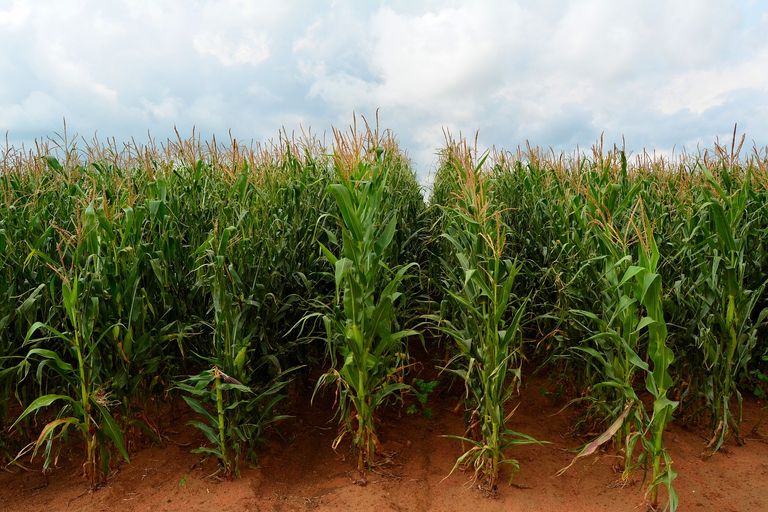
Corn Soup: Corn is often used as an ingredient in soups in the southern region. It is added to soups like banga soup (made from palm fruit extract) or corn and vegetable soup, enhancing their flavor and texture.
Corn Snacks and Desserts: Maize is utilized in the preparation of various snacks and desserts. Examples include cornflakes, corn cookies, corn popsicles, and corn pudding.
These are just a few examples of how maize is used in the southern part of Nigeria. Maize holds a significant place in the culinary traditions of the region, contributing to the diverse and delicious cuisine enjoyed by its residents.
How to make Agidi
Agidi is a gelatinous cornmeal pudding that is popular in Nigeria, particularly in the southern region. It is made by cooking cornmeal with water and allowing it to set into a firm, jelly-like consistency. Here's a simple recipe to make Agidi:
Ingredients:
1 cup cornmeal (white or yellow)
3 cups water
Salt (to taste)
Instructions:
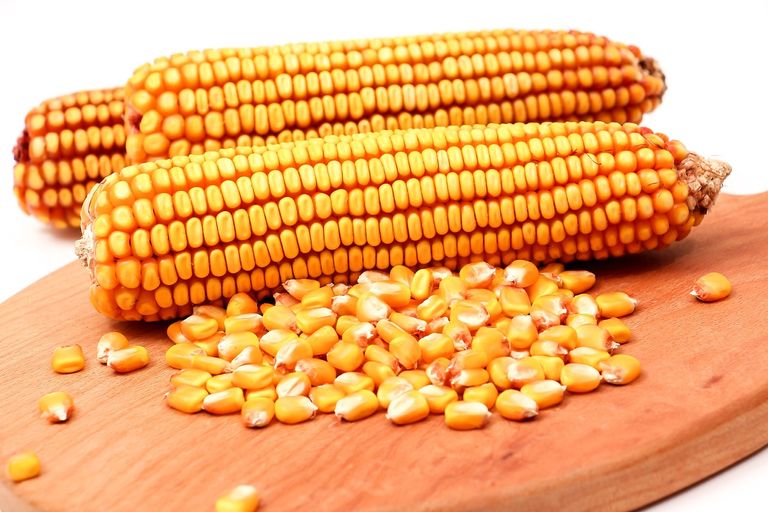
In a medium-sized saucepan, add the water and bring it to a boil.
In a separate bowl, mix the cornmeal with a small amount of water to make a smooth, thick paste. Ensure that there are no lumps.
Slowly pour the cornmeal paste into the boiling water while stirring continuously to prevent clumps from forming.
Reduce the heat to low and continue stirring the mixture. Make sure to scrape the sides and bottom of the saucepan to prevent the mixture from sticking and forming lumps.
Add salt to taste and continue cooking the mixture on low heat for about 10-15 minutes, stirring continuously. The mixture should thicken and become smooth.
Remove the saucepan from the heat and allow the mixture to cool slightly.
While still warm, pour the thickened mixture into a rectangular or square container, smoothing the surface with a spoon.
Allow the Agidi to cool and set completely at room temperature or refrigerate it for a few hours until it becomes firm and jelly-like.
Once set, cut the Agidi into slices or cubes and serve it with your preferred accompaniment such as soups, stews, or sauces.
Agidi can be enjoyed with a variety of Nigerian soups and sauces. It can also be eaten on its own as a snack or combined with other ingredients to create unique flavors. - Feel free to experiment with different flavors and variations by adding spices, herbs, or other ingredients to the Agidi mixture before it sets.
Note: The cooking time and water quantity may differ depending on the type and brand of cornmeal used. Adjust the water quantity and cooking time as needed to achieve the desired consistency.
Nutrients gotten from maize
Maize (corn) is a nutritious crop that provides various essential nutrients. Here are some key nutrients obtained from maize:
Carbohydrates: Maize is a rich source of carbohydrates, which are the main source of energy for the body.
Dietary Fiber: Maize contains dietary fiber, which aids in digestion, promotes bowel regularity, and helps maintain a healthy weight.
Vitamins: Maize is a good source of several vitamins, including:
Vitamin B1 (Thiamine): Important for energy metabolism and nerve function.
Vitamin B3 (Niacin): Supports energy production and helps maintain healthy skin and nerves.
Vitamin B5 (Pantothenic acid): Participates in various metabolic processes and plays a role in hormone production.
Vitamin B6 (Pyridoxine): Involved in brain development, immune function, and the production of neurotransmitters.
Vitamin C: Acts as an antioxidant, supports immune function, and aids in the absorption of iron.
Minerals: Maize contains several minerals that are important for overall health, including:
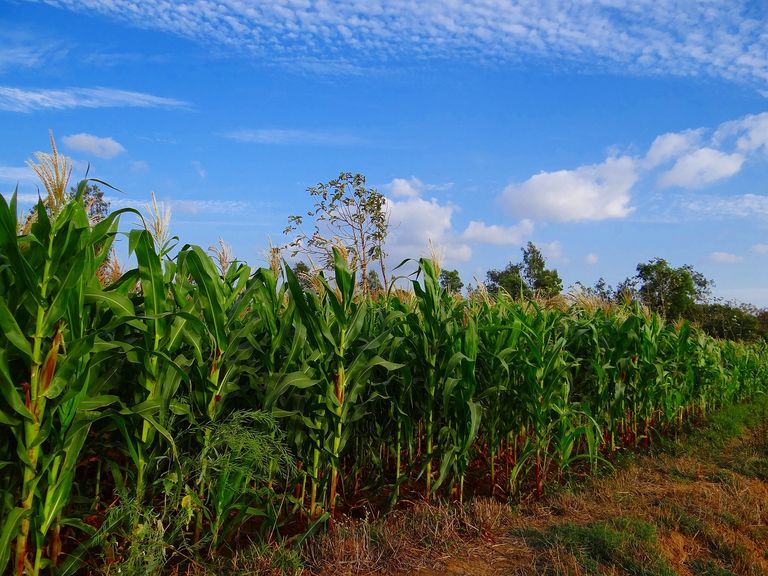
Magnesium: Essential for bone health, muscle function, and energy metabolism.
Phosphorus: Plays a vital role in bone and teeth formation, as well as energy metabolism.
Potassium: Necessary for proper functioning of the heart, muscles, and nerves.
Zinc: Important for immune function, wound healing, and DNA synthesis.
Antioxidants: Maize contains antioxidants, such as carotenoids (including lutein and zeaxanthin), which have been associated with eye health and reducing the risk of certain chronic diseases.
The nutrient content of maize can vary depending on factors such as the variety of maize, soil conditions, and agricultural practices. Additionally, the nutrient profile may differ between different parts of the maize plant (such as the kernel, bran, or germ). Overall, maize contributes to a balanced diet by providing important macronutrients, micronutrients, and other beneficial compounds.
Conclusion
Maize (corn) is a versatile and nutritious crop that plays a significant role in Nigeria's agricultural sector. It is a staple food for many Nigerians and is consumed in various forms across the country. Maize provides essential nutrients such as carbohydrates, dietary fiber, vitamins, and minerals.
It is also used as animal feed, raw material for industries, and in the production of biofuels. Maize production is widespread in Nigeria, with major production areas including Kaduna, Katsina, Kano, Niger, Plateau, Benue, Oyo, Ogun, and Ondo. Maize consumption varies across different regions of Nigeria, with significant consumption in the northern, southwestern, middle belt, southeastern, and South-South regions.
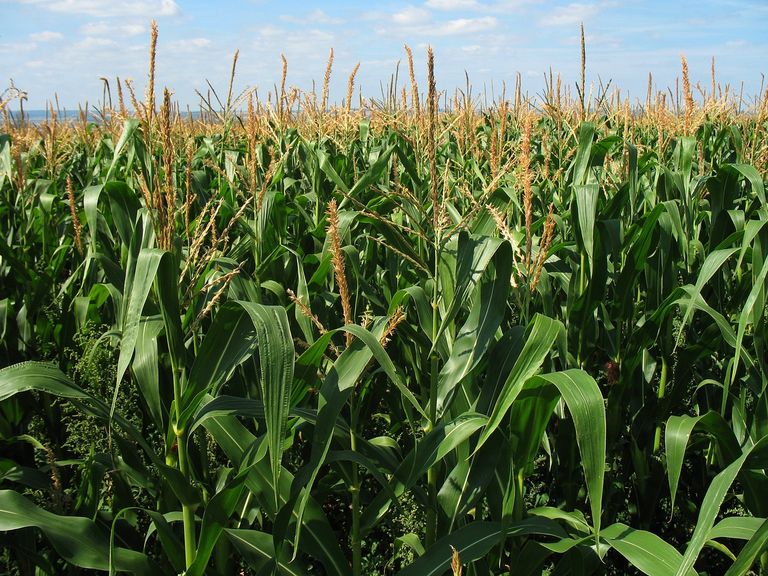
In conclusion, Maize is used in dishes such as tuwon masara, akara, corn pottage, cornmeal pudding, cornbread, and various snacks. It contributes to food security, livelihoods, and economic development in the country. Maize is a nutritious crop that provides carbohydrates, dietary fiber, vitamins, minerals, and antioxidants, supporting overall health and well-being.
All photos are gotten from pixabay.com